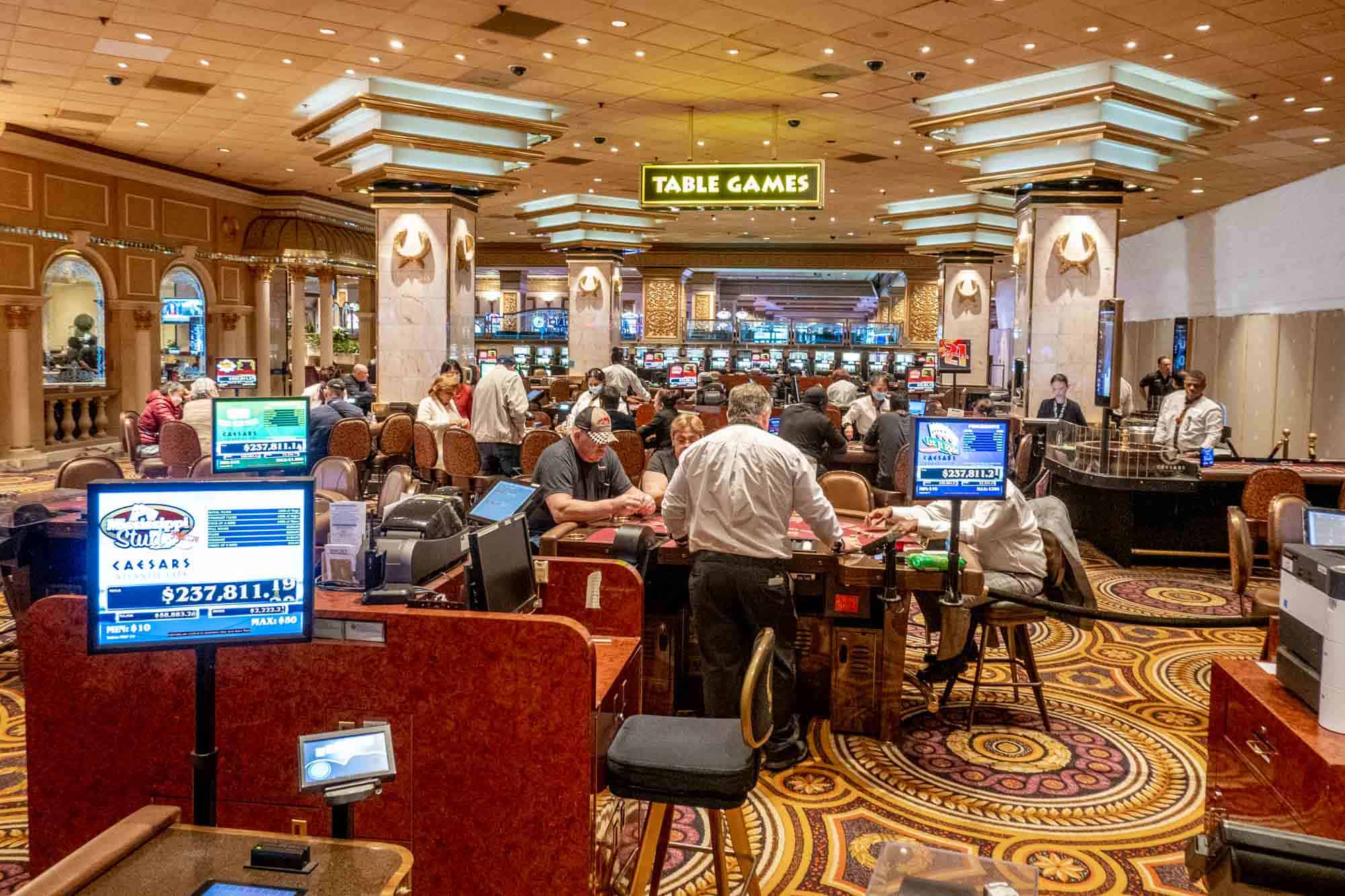Updates on Casino News: Recent Developments in Gambling Regulations
admin
- 0

A world of casino games is continuously changing, influenced by shifting rules, tech innovations, and changing player preferences. As authorities and gaming commissions strive to create a secure and fair environment for gamblers, the landscape of casino regulations is experiencing significant transformations. Alo789 Grasping these developments is important for both operators and gamblers looking to explore the exciting yet complex realm of gambling.
In recent times, various jurisdictions have proposed and enforced new regulations targeting improving player protection while encouraging responsible gaming. These updates not only impact the types of gambling games available but also the manner in which they are marketed and obtained. In this article, we will explore the latest regulatory updates, their consequences for the gambling sector, and what players can expect as they interact with their favorite casino games.
New Legislative Structures
New changes in gaming regulations are defining the direction of casino entertainment across various regions. Authorities are realizing the need for a strong regulatory structure that not solely shields gamblers while also guarantees fair gaming and sensible gambling. These guidelines are designed to address concerns such as digital gaming, digital currencies, and advancements in technology, reflecting the transforming environment of the gaming field.
One notable change is the adoption of tighter rules regarding transparency and consumer security. Gambling venues are now obligated to disclose concise details on probabilities, returns, and the possible risks associated with gambling. This transition aims to empower customers by allowing them take educated choices while also assisting to fight gambling problems through sensible gambling practices. Gaming providers are required to set up self-restriction programs and make available support for individuals seeking help.
Additionally, novel regulations are being implemented to emerging innovations such as virtual reality and blockchain in casino activities. Oversight bodies are crafting guidelines to assure that these innovations maintain fairness and equity while also safeguarding customer privacy. As the sector progresses, authorities are modifying to confirm that developments enhance the gambling atmosphere while shielding both players and operators.
Effect on Casino Game Diversity
The latest updates in game regulations have created fresh opportunities for gaming experiences, allowing for greater innovation and diversity within the field. As regulatory bodies modernize their guidelines, developers are motivated to create original gaming experiences that appeal to a larger demographic. This has produced a vibrant tapestry of new games, incorporating diverse themes, styles, and features that were formerly ignored or constrained by stricter regulations.
With a looser regulatory framework, gambling venues are now capable to try out alternative game styles, including skill-based games and engaging experiences. This change has produced a surge in hybrid games that mix classic gambling features with current gaming styles, such as electronic gaming and enhanced reality. By broadening the types of games presented, gambling establishments can draw in not only seasoned betters but also casual players who may lean towards less conventional choices.
Furthermore, the development of rules has highlighted transparency and fairness in gambling, which could instill higher player confidence. As a consequence, consumers are more inclined to consider a broader selection of games, knowing they are engaging with platforms that adhere to new regulations. This growing trust enhances involvement and can ultimately boost revenue growth as more diverse offerings cater to different preferences and groups in the casino sphere.
Emerging Transitions in Regulation
As the casino landscape evolves, authorities are progressively focused on adopting tech-driven solutions to enhance openness and justice. The adoption of crypto technology into gaming games is projected to gain ground, allowing for increased oversight of operations and ensuring that activities remain fair and tamper-proof. This transition could lead to a regulatory framework that welcomes these advancements, promoting faith among gamblers and operators alike.
In addition to digital incorporation, there will likely be a greater emphasis on prudent gaming practices within the regulatory environment. Authorities are expected to implement more stringent measures to promote gambler protection, including mandatory self-exclusion systems and robust age verification processes. This move aims to safeguard susceptible populations while ensuring that the experience of gambling activities is upheld for prudent gamblers.
Lastly, as online gaming continues to grow globally, alignment of laws across different areas will become a critical need. Countries may endeavor to partner more closely on unified standards for licensing, operation, and taxation. This could lead to a more efficient regulatory system for global operators, fostering a wider acceptance of internet gaming games while maintaining strong of player protection and integrity in the gambling industry.